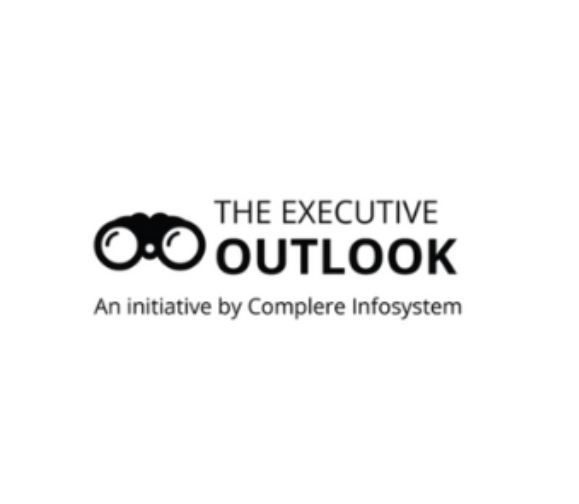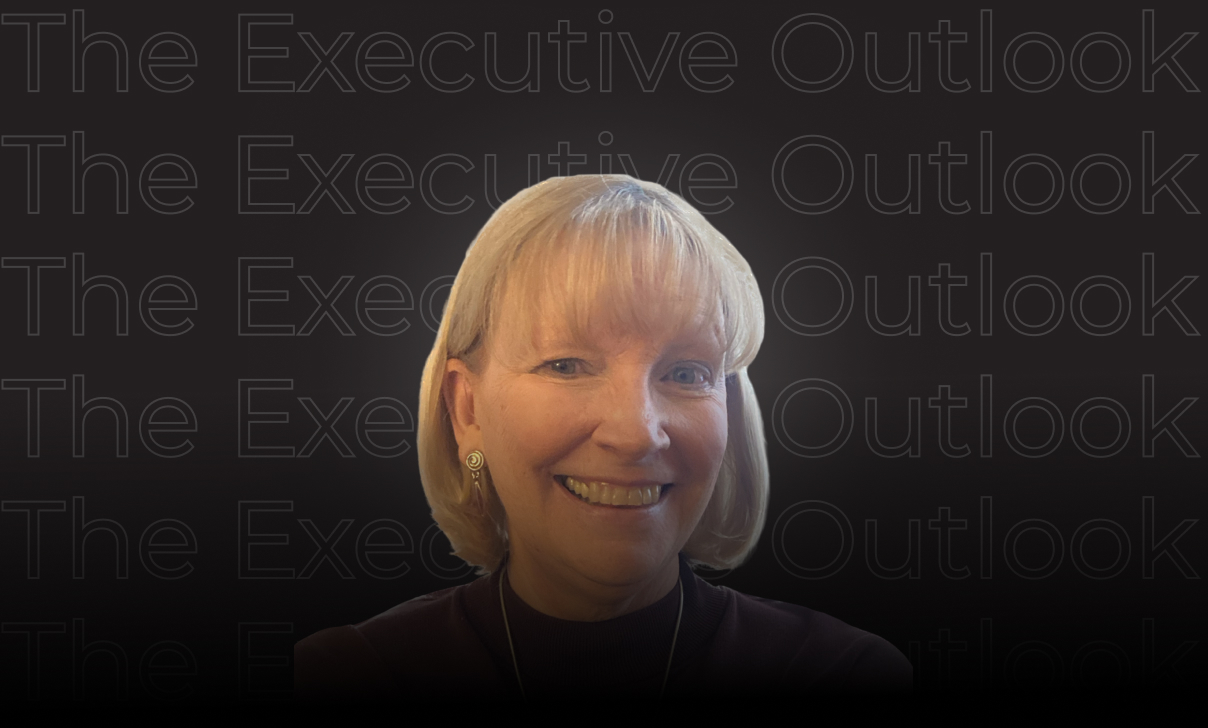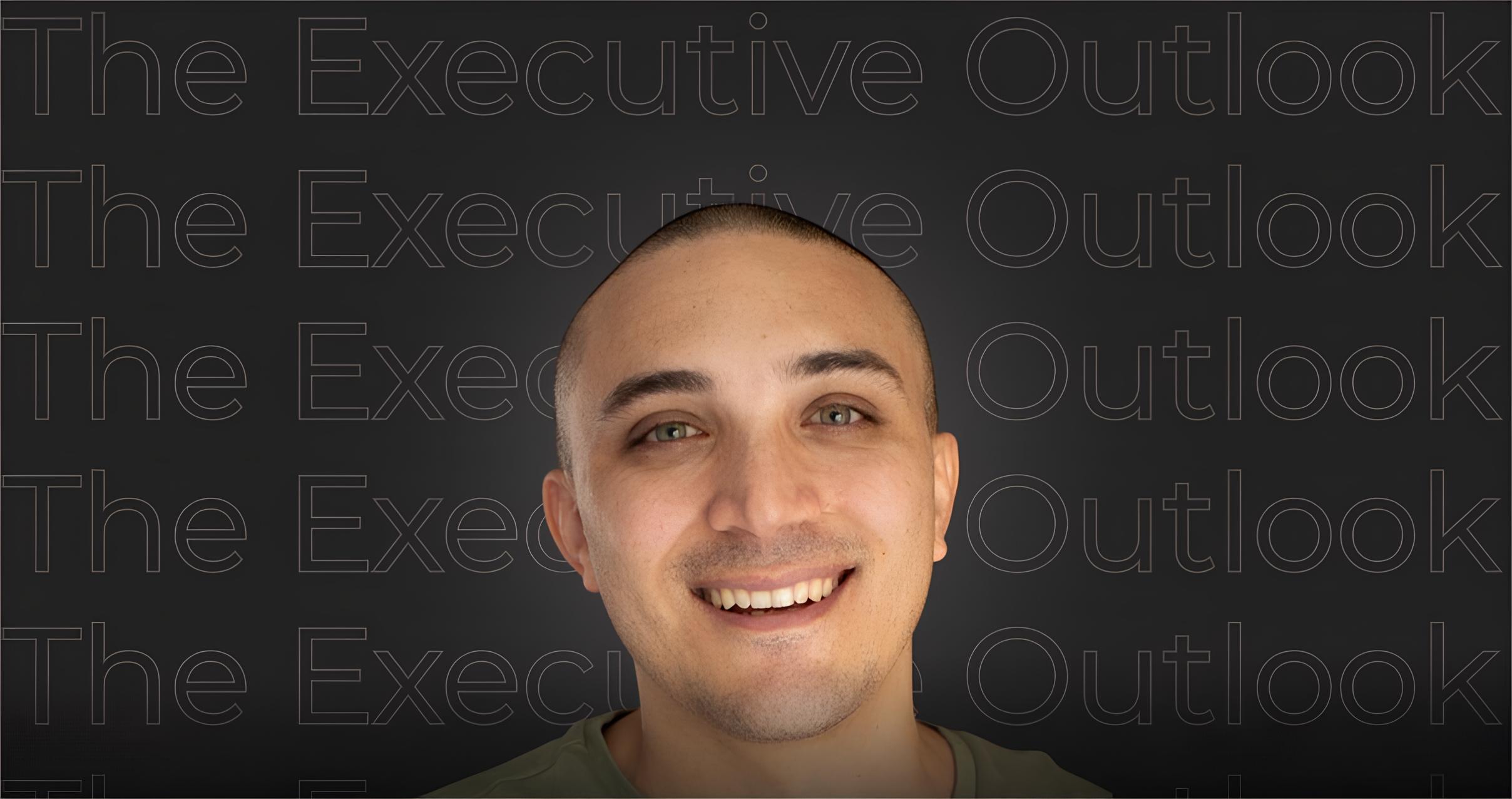In this edition of The Executive Outlook, we had the privilege of speaking with Danette McGilvray, President and Principal Consultant of Granite Falls Consulting, Inc. With more than three decades of experience, Danette is known worldwide for her work in data quality and governance. She has guided organizations of all types to see data not as a by-product, but as an asset that drives value and reduces risk.
Watch the full conversation on YouTube by clicking the link below:
Prefer to listen on the go? Tune in to the full podcast episode on Spotify below:
Editor Bio

I’m Isha Taneja, serving as the Editor-in-Chief at "The Executive Outlook." Here, I interview industry leaders to share their personal opinions and provide valuable insights to the industry. Additionally, I am the CEO of Complere Infosystem, where I work with data to help businesses make smart decisions. Based in India, I leverage the latest technology to transform complex data into simple and actionable insights, ensuring companies utilize their data effectively.
In my free time, I enjoy writing blog posts to share my knowledge, aiming to make complex topics easy to understand for everyone.





